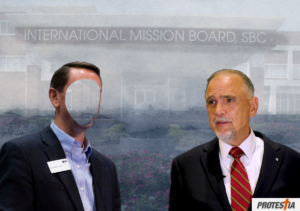
David Platt: ‘As a White Pastor I have Blind Spots. So I am Part of the Problem’
In a recently unearthed sermon clip from 2018, SBC Pastor and former International Mission Board President David Platt described how because he has white skin, he has blind spots when teaching the scriptures. Platt was last seen telling congregation members if they were upset and contemplating breaking fellowship with other



